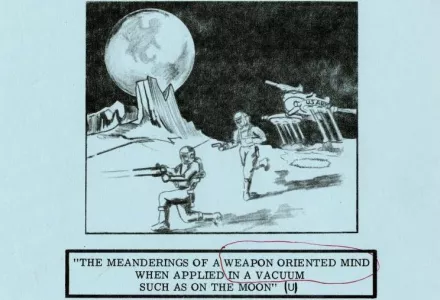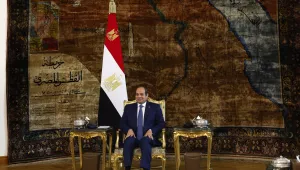Speaker: Stephen Buono, Ernest May Fellow in History & Policy, International Security Program
After the Soviet Union launched the world's first satellite—Sputnik I—in 1957, U.S. military officials began thinking about the cosmos as a vast new theater of war. Convinced that a techno-saturated space war was just around the bend, far-flung laboratories and offices under the Department of Defense began planning for it.
They drew up blueprints for a lunar military base. They theorized about handgun designs best fit for zero-gravity environments. They began building an orbiting space plane that could deliver a nuclear warhead. Alongside these technologies, too, a host of defense intellectuals offered new strategies and tactics for the space domain. Yet within a decade, the vision of a space war, propagated especially by the Air Force, had completely collapsed.
Instead, the Cold War superpowers signed an international treaty barring nuclear weapons from space and mandating the use of celestial bodies "exclusively for peaceful purposes." Using recently declassified materials and a healthy dose of counterfactual history, this talk will account for this startling disparity between war and peace in the Space Age.
Everyone is welcome to join us online via Zoom! Please register in advance for this seminar: https://harvard.zoom.us/meeting/register/tJIldO-vpzwtE9Lu85mJOOJfpNtFVHhSAPiS



